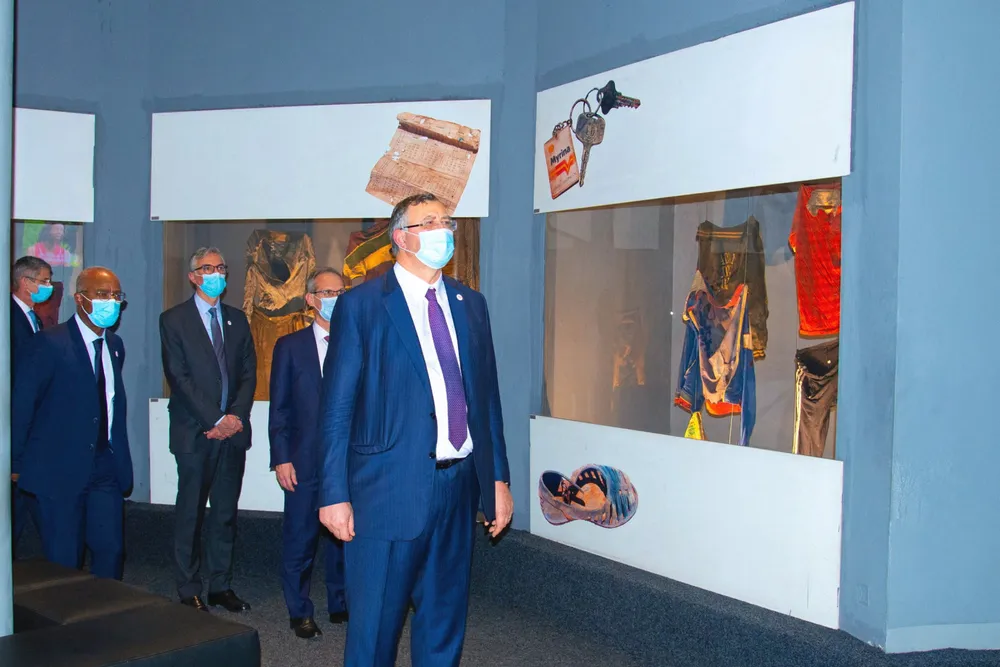TotalEnergies signs "energy sector" deal with Rwanda
Supermajor inks deal to explore energy projects in country that is fighting insurgency in Mozambique, home to company's stalled LNG project

Supermajor inks deal to explore energy projects in country that is fighting insurgency in Mozambique, home to company's stalled LNG project
